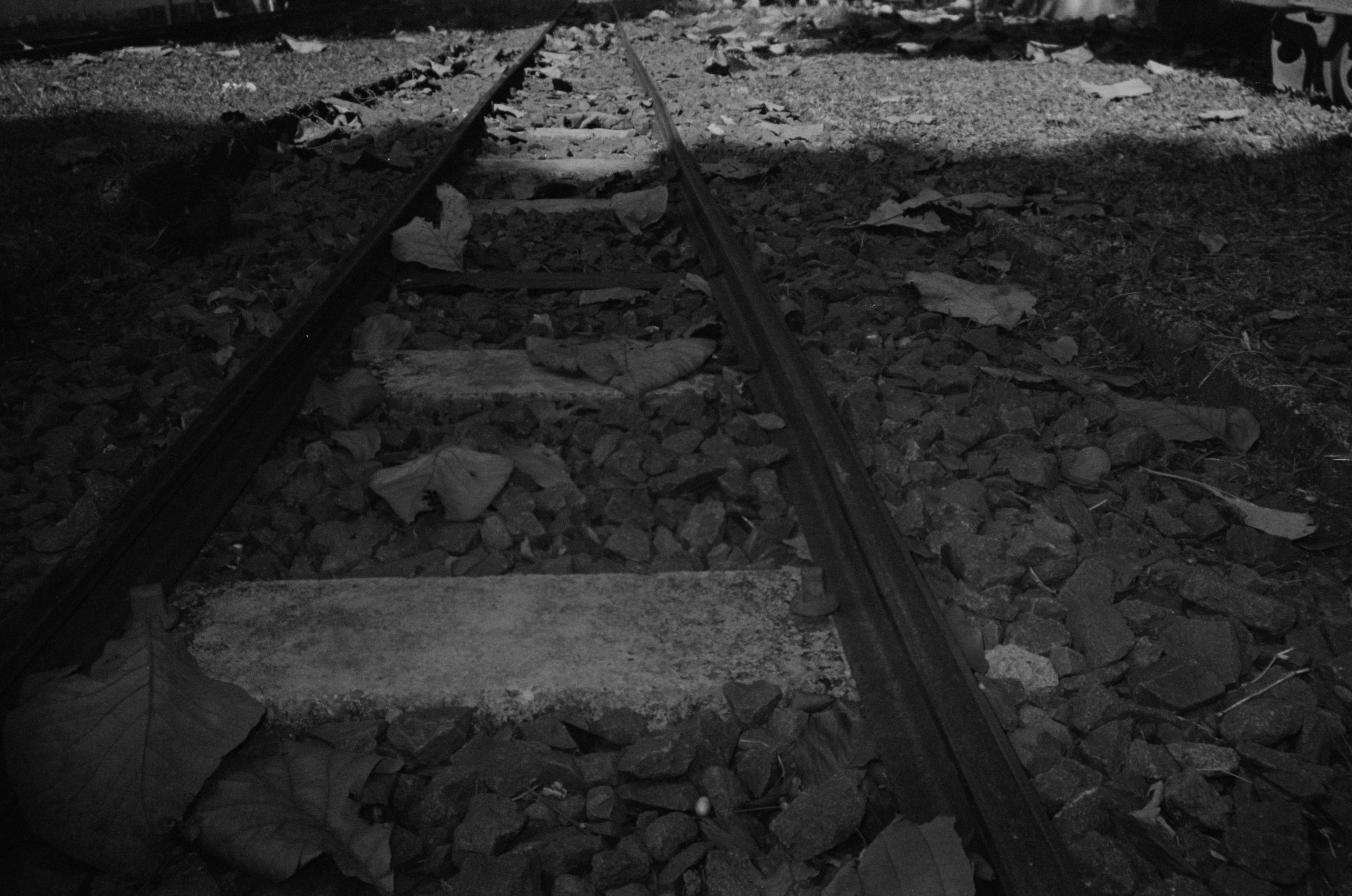Revolutionary Road
Welcome to the eternal suction machine: your existence itself that wanting to be a whole thing. Now, I starstrucked with Yates quotes from Revolutionary Road. I share you some. They told you that you think too much. They will never understand, won't they?
"if you wanted to do something absolutely honest, something true, it always turned out to be a thing that had to be done alone."
— Richard Yates (Revolutionary Road)
"It's a disease. Nobody thinks or feels or cares any more; nobody gets excited or believes in anything except their own comfortable little God damn mediocrity."
— Richard Yates (Revolutionary Road)
"Now you’ve said it. The hopeless emptiness. Hell, plenty of people are on to the emptiness part; out where I used to work, on the Coast, that’s all we ever talked about. We’d sit around talking about emptiness all night. Nobody ever said ‘hopeless,’ though; that’s where we’d chicken out. Because maybe it does take a certain amount of guts to see the emptiness, but it takes a whole hell of a lot more to see the hopelessness. And I guess when you do see the hopelessness, that’s when there’s nothing to do but take off. If you can"
— Richard Yates (Revolutionary Road)
"So it hadn’t been wrong or dishonest of her to say no this morning, when he asked if she hated him, any more than it had been wrong or dishonest to serve him the elaborate breakfast and to show the elaborate interest in his work, and to kiss him goodbye. The kiss, for that matter, had been exactly right—a perfectly fair, friendly kiss, a kiss for a boy you’d just met at a party, a boy who’d danced with you and made you laugh and walked you home afterwards, talking about himself all the way.
The only real mistake, the only wrong and dishonest thing, was ever to have seen him as anything more than that. Oh, for a month or two, just for fun, it might be all right to play a game like that with a boy; but all these years! And all because, in a sentimentally lonely time long ago, she had found it easy and agreeable to believe whatever this one particular boy felt like saying, and to repay him for that pleasure by telling easy, agreeable lies of her own, until each was saying what the other most wanted to hear—until he was saying “I love you” and she was saying “Really, I mean it; you’re the most interesting person I’ve ever met.” What a subtle, treacherous thing it was to let yourself go that way! Because once you’d started it was terribly difficult to stop; soon you were saying “I’m sorry, of course you’re right,” and “Whatever you think is best,” and “You’re the most wonderful and valuable thing in the world,” and the next thing you knew all honesty, all truth, was as far away and glimmering, as hopelessly unattainable as the world of the golden people.
Then you discovered you were working at life the way the Laurel Players worked at The Petrified Forest, or the way Steve Kovick worked at his drums—earnest and sloppy and full of pretension and all wrong; you found you were saying yes when you meant no, and “We’ve got to be together on this thing” when you meant the very opposite; then you were breathing gasoline as if it were flowers and abandoning yourself to a delirium of love under the weight of a clumsy, grunting, red-faced man you didn’t even like—Shep Campbell!—and then you were face to face, in total darkness, with the knowledge that you didn’t know who you were. (p.416-7)"
The only real mistake, the only wrong and dishonest thing, was ever to have seen him as anything more than that. Oh, for a month or two, just for fun, it might be all right to play a game like that with a boy; but all these years! And all because, in a sentimentally lonely time long ago, she had found it easy and agreeable to believe whatever this one particular boy felt like saying, and to repay him for that pleasure by telling easy, agreeable lies of her own, until each was saying what the other most wanted to hear—until he was saying “I love you” and she was saying “Really, I mean it; you’re the most interesting person I’ve ever met.” What a subtle, treacherous thing it was to let yourself go that way! Because once you’d started it was terribly difficult to stop; soon you were saying “I’m sorry, of course you’re right,” and “Whatever you think is best,” and “You’re the most wonderful and valuable thing in the world,” and the next thing you knew all honesty, all truth, was as far away and glimmering, as hopelessly unattainable as the world of the golden people.
Then you discovered you were working at life the way the Laurel Players worked at The Petrified Forest, or the way Steve Kovick worked at his drums—earnest and sloppy and full of pretension and all wrong; you found you were saying yes when you meant no, and “We’ve got to be together on this thing” when you meant the very opposite; then you were breathing gasoline as if it were flowers and abandoning yourself to a delirium of love under the weight of a clumsy, grunting, red-faced man you didn’t even like—Shep Campbell!—and then you were face to face, in total darkness, with the knowledge that you didn’t know who you were. (p.416-7)"
— Richard Yates (Revolutionary Road)


Comments
Post a Comment